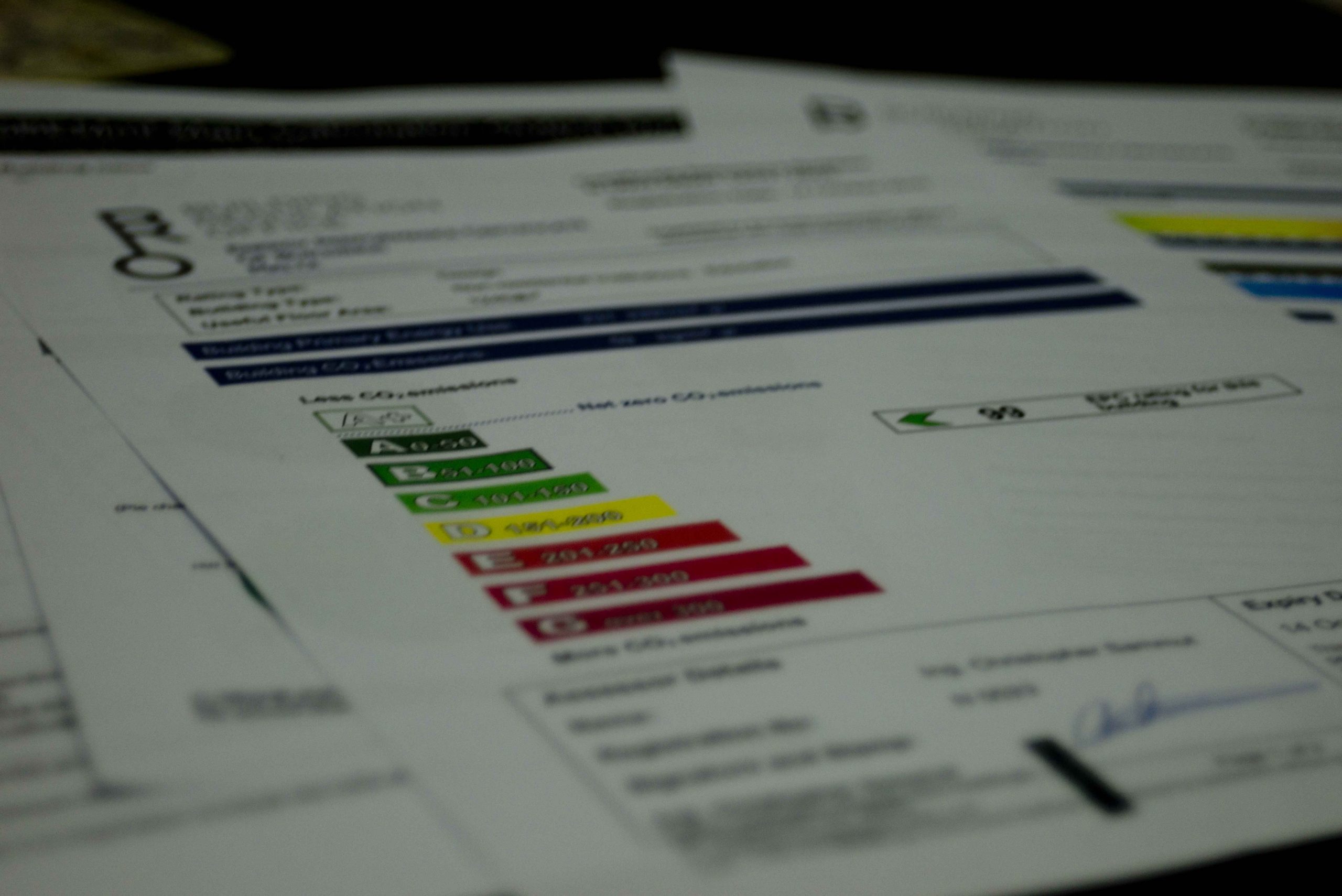
30 Apr Ask the engineer – EPC Certificates part 2
A few weeks ago, in one of our first articles in this series ‘Ask the engineer’, we answered some of your questions about Energy Performance Certificates (EPC Certificates). In that article, we focused on three important points: firstly, looking at the EPC Certificate as an information tool that tells you about the energy consumption and performance of a building; secondly pointing out the fact that the EPC Certificate is a legal requirement when there is the transfer of ownership or occupation of a property; and thirdly, emphasising the benefit that an EPC Certificate brings in helping you decide on the value of the property that you are buying.
Today, we shall continue to answer some of the questions that you ask us – either as potential sellers, buyers, renters or lessees of a property, who wish to be informed before entering into a contractual agreement, or as residents who are interested to improve the building in order to make it more energy efficient and to save money on energy costs.
Q.1. How are EPC’s carried out?
A.1. For those who are not exactly interested in the technology behind how things work, this might sound like an irrelevant question. Most often, however, it is important to at least have a basic understanding of the process behind the service that you are paying for.
Unless the property in question is still ‘on plan’, the energy assessor would need to carry out a site visit and physical survey of the property. For those of you who have already made use of such services, you would notice the energy assessor taking measurements of the building, including the thickness of walls if necessary, recording the location, size and type of apertures, taking note of any renewable energy resources such as photovoltaic panels (PVs) and solar water heaters, and listing power-hungry and temperature-regulating equipment, including air conditioners used for heating and cooling of the living space.
For habitable buildings, which have been finished and are ready to be sold or rented out, this type of information is used in conjunction to the site plans and architectural layouts, in order to calculate, using software, the overall energy efficiency of the building at the time of the survey.
Q.2. Do I need an EPC Certificate for a property that is still at planning stage?
A.2. Yes. Since the physical building is not yet constructed and finished, the energy assessor will need to prepare the EPC Certificate based on the architectural plans that you make available. In this case, your assessor shall also need to ask you questions about how you intend to build and finish the property, the type and energy efficiency rating of energy consuming systems, and other features of the building that are relevant to the calculations of energy performance but cannot be seen and recorded at this stage of the development.
Q.3. Do I need to have an EPC Certificate when selling a plot of land or a derelict uninhabitable building?
A.3. This is not a straightforward yes or no answer, and each case must be seen separately. It is advisable to speak to your trusted energy assessor so that he or she gets in touch with the Building Regulations Office of the Building & Construction Agency of Malta and seek technical guidance on whether an EPC Certificate is required for the property in question.
In this case it is important to keep in mind that unless the EPC is going to serve its purpose of informing on the energy performance of a building, and indicating areas for improvement, it is not feasible. A lot depends on the state of the building that is being assessed, and in this regard, the building engineer is also well suited to help you take informed decisions that are in your financial interest.
Q.4. What are the minimum energy performance requirements?
A.4. The minimum energy performance requirements for buildings or building units are minimum standards of energy efficiency that need to be met in order to achieve cost-effectiveness. For a building to achieve these minimum requirements, the building design should be compliant to the standards of the Technical Document F on the Energy Performance of Buildings published by the Conservation of Fuel, Energy and Natural Resources (Minimum Requirements on the Energy Performance of Buildings) Regulations.
Q.5. What happens if my building does not meet the minimum energy performance requirements?
A.5. As of 1st January 2016, newly completed buildings need to be certified as compliant to the regulations on the minimum energy performance requirements.
At Sammut & Associates, we can help you in various ways.
- As registered and fully licensed energy assessors, we can provide you with the Energy Performance Certificate (EPC) for your building, in accordance to the regulations of the agency responsible for building and construction in Malta.
- As building engineers with many years of experience in the building and property sector, we can offer you advice and recommendations on how your building can meet the minimum energy performance requirements in the case that it is not legally compliant to begin with.
- As your responsible engineer as recognised by the law, we can prepare and draw up the compliance certificate that needs to be submitted by yourself as the owner of the building to the Building Regulations Office of Malta within one month of completion and before the use of the building.
Should you need to get in touch with our engineers and assessors, call us on 21435082 or send us an email on info@sammutandassociates.com.
You may also use our contact form, or visit our page on Facebook.

